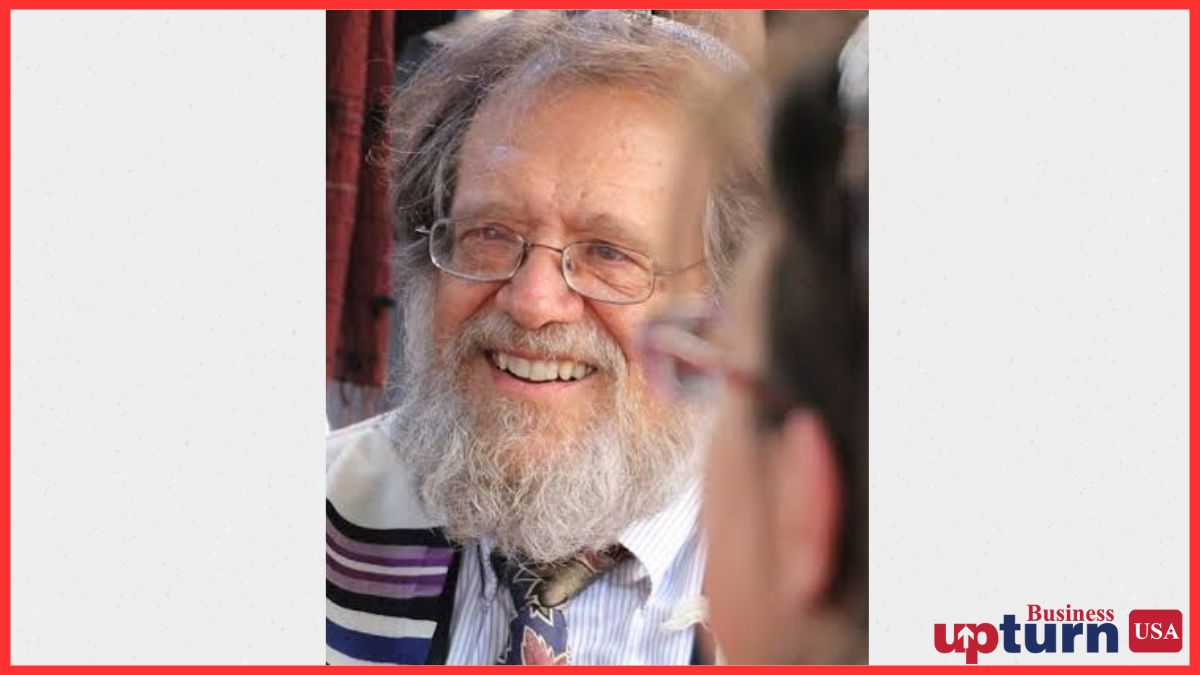Rabbi Michael Lerner developed a business model that fused spiritual activism, publishing, and grassroots organizing into a unified system of influence. He was not simply a rabbi in the traditional sense—he was an entrepreneur of ideas and community. Through Tikkun magazine, the Network of Spiritual Progressives, and Beyt Tikkun synagogue, he built platforms that reached diverse audiences across the United States.
His approach was intentional: connect moral values to public discourse, give citizens tools for meaning-driven engagement, and sustain it through a multi-pronged revenue and outreach structure. By doing so, he created a rare bridge between spiritual yearning and practical activism that continues to inspire civic engagement.
How Rabbi Michael Lerner built his influence model in the US
Lerner’s model began in 1986 with the launch of Tikkun, a progressive Jewish and interfaith magazine. It provided in-depth analysis, moral critique, and cultural commentary that resonated with people seeking an alternative to both conservative religious narratives and purely secular political debates.
He expanded this platform through the creation of Beyt Tikkun, a spiritual community that offered innovative religious services combining prayer, meditation, music, and social justice themes. This dual presence—media and spiritual gathering—gave his influence both intellectual and emotional reach.
Core revenue streams and operational mechanics
The primary revenue streams came from Tikkun magazine subscriptions, donor contributions, speaking fees, and event registrations. The magazine operated on a subscription-and-donation model, where loyal readers often became contributors to sustain editorial independence.
Speaking engagements at universities, conferences, and faith communities provided both direct income and exposure. Events like the Network of Spiritual Progressives’ national conferences brought registration fees, sponsorships, and a boost in membership that further fueled the operation.
How his business model shapes American social conversations
Lerner’s model introduced the “politics of meaning” into public discourse—an idea that resonated enough to be cited in national political speeches. By framing political issues in moral and spiritual terms, he influenced conversations in academia, faith circles, and policy debates.
Through Tikkun and his networks, Lerner cultivated a public space where social justice, compassion, and spirituality could coexist. This approach challenged the idea that activism had to be purely secular or that religion had to avoid political engagement.
Direct and indirect citizen engagement methods
Direct engagement came from interactive synagogue services, workshops, and conferences where participants were not just spectators but contributors to the dialogue. These gatherings allowed attendees to form lasting relationships rooted in shared values.
Indirectly, Lerner’s influence spread through published articles, media appearances, and collaborations with well-known intellectuals and activists. His writing shaped the language and priorities of progressive activism for many readers who never met him in person.
The long-term sustainability of Rabbi Michael Lerner’s influence model
The model’s sustainability came from diversification. No single platform—whether Tikkun, Beyt Tikkun, or the Network of Spiritual Progressives—was solely responsible for revenue or outreach. Each fed into the others, creating a feedback loop of engagement and financial support.
However, the model was deeply tied to Lerner’s own vision and leadership. While it adapted to new technologies and changing political climates, its dependence on a central figure presented long-term continuity challenges after his passing in 2024.

Adaptation strategies in a changing US market
Lerner adapted early to the decline of print media by shifting Tikkun’s operations online. This transition reduced costs and opened the door to a global readership, expanding the reach beyond US borders while maintaining core American audiences.
He also built decentralized local chapters of the Network of Spiritual Progressives, allowing the movement to grow without requiring constant centralized oversight. This created resilience by empowering local leaders to carry forward the mission.
A unique angle: How his influence indirectly reshapes civic participation in the US
Lerner’s model didn’t just create politically active citizens—it helped create meaningfully active citizens. By embedding spiritual purpose into activism, he encouraged people to view civic participation not as a chore, but as a calling.
This shift in mindset meant that volunteers and organizers were often more committed and willing to collaborate across differences. The model demonstrated that when activism is tied to deeper values, it can sustain itself beyond election cycles or political trends.
Conclusion
Rabbi Michael Lerner’s business model was a rare blend of moral vision, practical structure, and adaptive strategy. By integrating publishing, spiritual practice, and grassroots organizing, he created a framework that influenced American culture in profound ways.
His legacy lies not only in the content of his ideas but in the way he operationalized them—showing that a values-based model can thrive and transform public life. In weaving together spirituality and civic duty, he left a blueprint for how movements can endure with both heart and strategy.
This article is intended for informational and editorial purposes only. It does not constitute endorsement or promotion of any individual, company, or entity mentioned. Business Upturn makes no representations or warranties regarding the accuracy, completeness, or reliability of the information provided.

